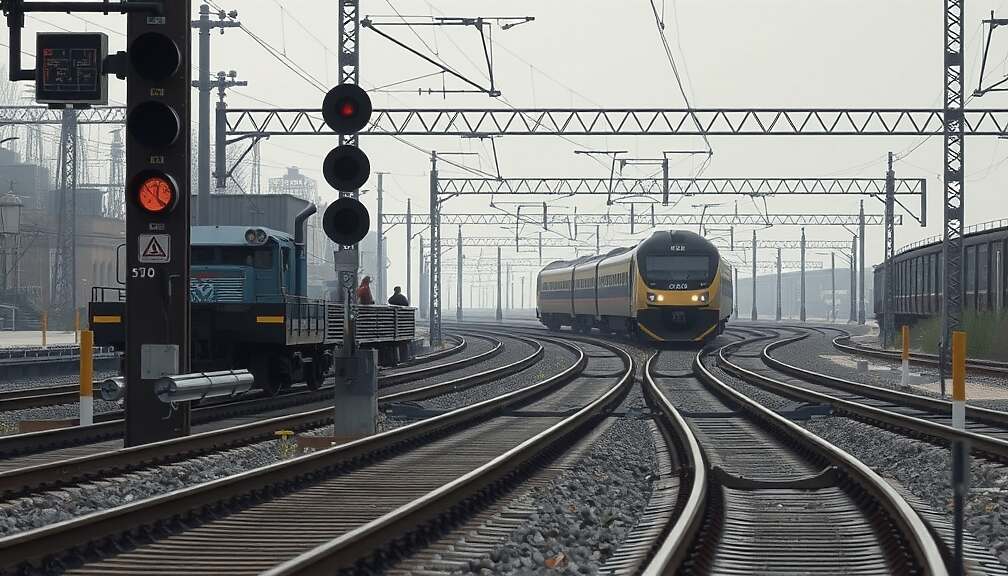Ministry Signals Potential for Increased International Competition
The German Federal Ministry for Digital and Transport is signaling a potential shift in its approach to long-distance rail travel, expressing openness to greater competition within the sector, particularly from international operators.. This move, communicated to the dts news agency on Monday, raises questions about the longstanding dominance of Deutsche Bahn (DB) and its implications for passengers and the broader European rail network.
For years, DB has largely operated as a near-monopoly on Germany’s long-distance passenger routes, a situation increasingly viewed as contributing to inflated prices and potentially hindering innovation. While FlixTrain, a subsidiary of the bus company Flixbus, has emerged as a limited competitor, its impact has been constrained. The Ministry’s statement indicates a willingness, at least in principle, to dismantle existing barriers to market access for foreign rail companies.
Current discussions reportedly involve Italian state railway company Ferrovie dello Stato (FS) and its rival, Italo, both considering expansion into the German market by offering domestic routes. These potential entrants represent a significant departure from the existing competitive landscape and could bring increased pressure on DB to improve service quality and pricing.
However, the Ministry’s openness is not without its complexities. The prospect of increased international competition raises crucial questions about regulatory oversight, infrastructure access and the potential impact on DB’s financial stability. Critics argue that simply opening the market without a robust regulatory framework could lead to a fragmented system, sacrificing coherence and passenger safety for the sake of apparent competition.
Furthermore, DB’s own modernization efforts and ongoing financial struggles, partly attributed to decades of underinvestment and a complex organisational structure, are factors that cannot be ignored. Introducing foreign competition without adequately addressing DB’s internal challenges risks destabilizing the entire network.
The Ministry’s commitment to working on the “European level to dismantle existing market access and competition obstacles in European rail passenger transport” suggests a broader political agenda aimed at facilitating a more integrated and competitive European rail system. Whether this ambition translates into concrete action – and whether Germany is adequately prepared to manage the ramifications – remains to be seen. The movement presents a critical juncture for the future of rail travel in Germany and its place within the wider European landscape.












